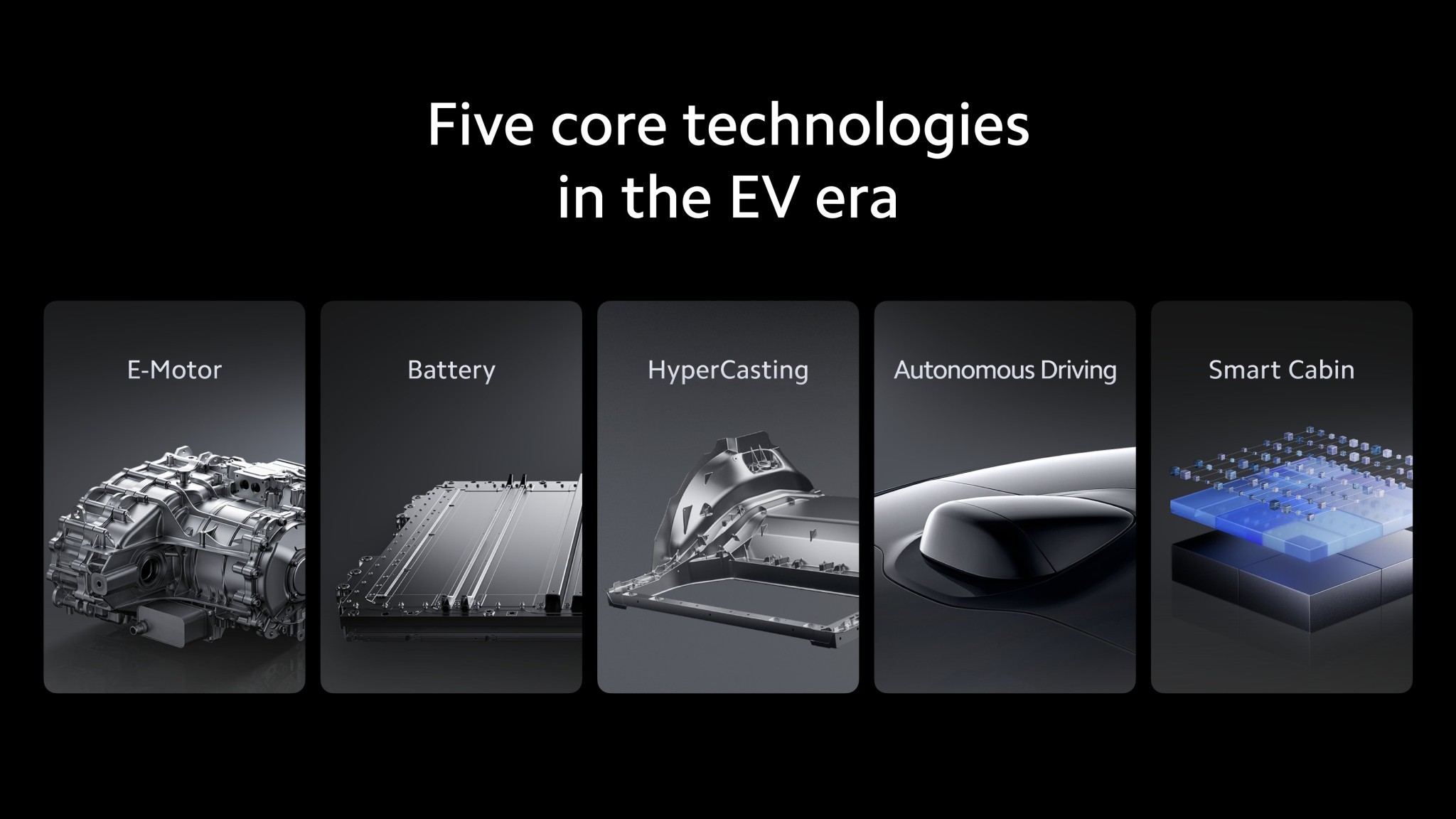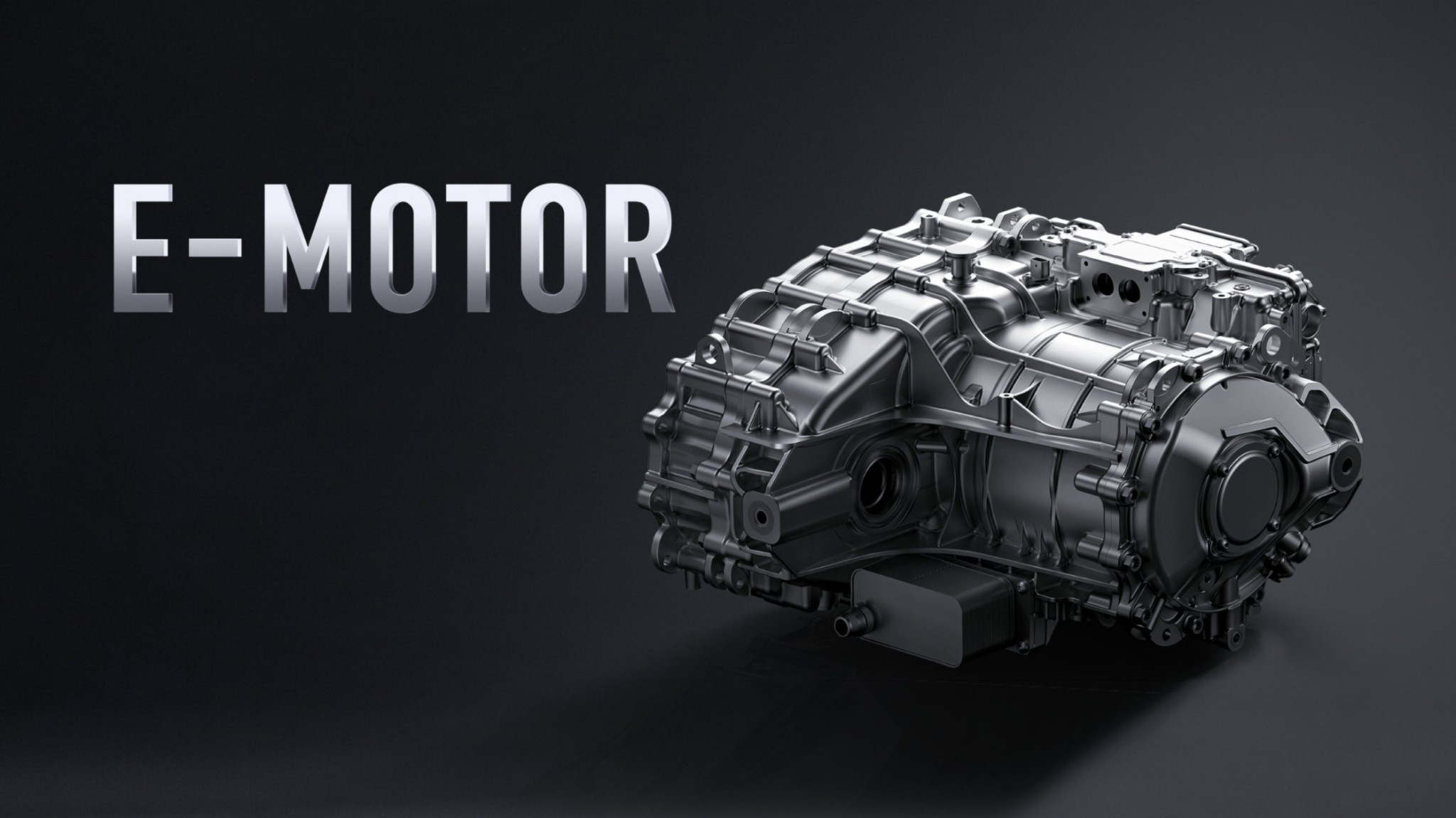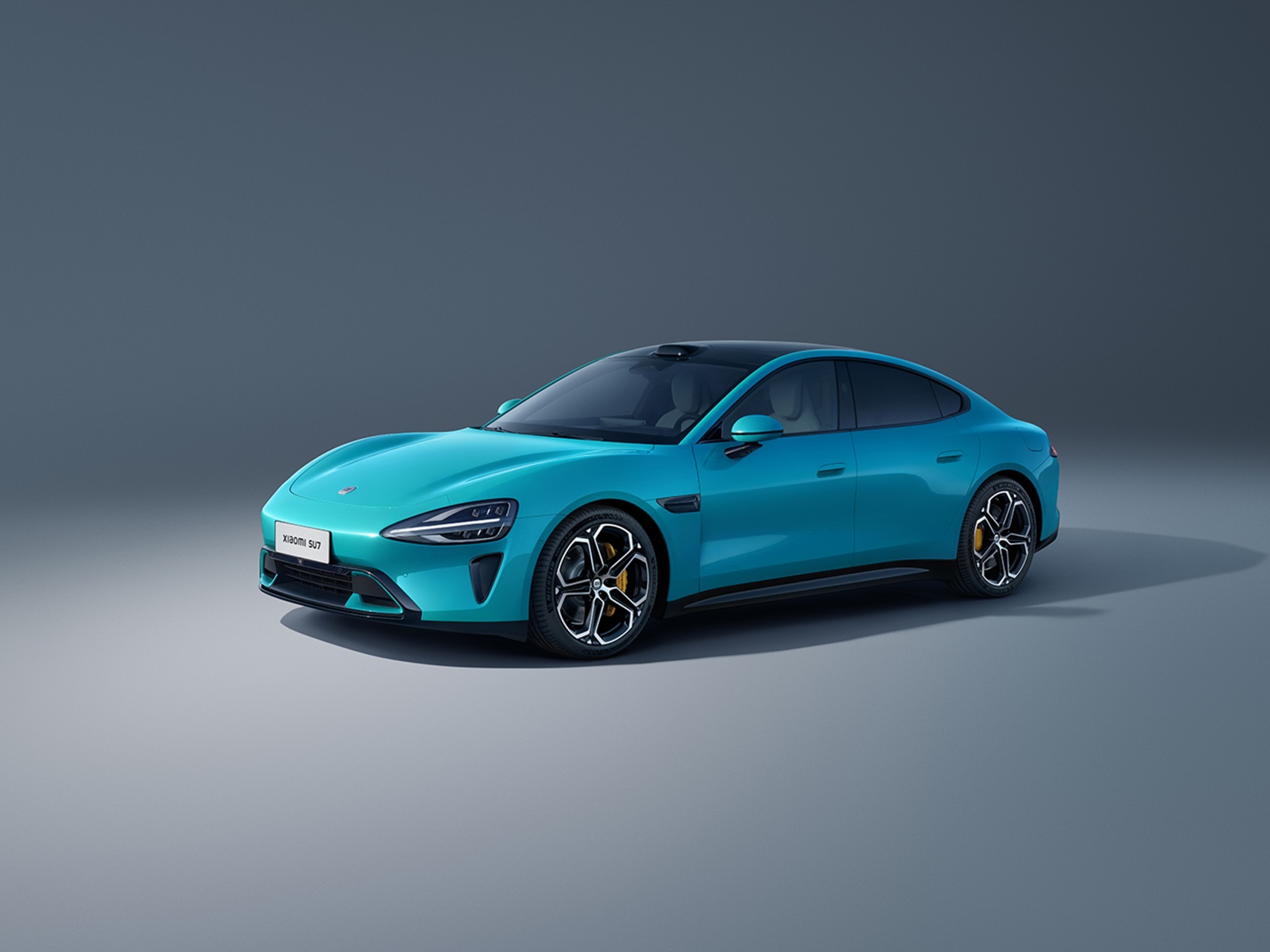The recent success of Xiaomi, whose first electric vehicle has already turned a profit with a gross margin exceeding 15%, has challenged the notion that Tesla’s dominance in the EV market is unassailable.
This achievement suggests that other companies can successfully compete with Tesla, especially when their leadership is firmly focused on the mission. Tesla’s groundbreaking work has transformed the public perception of electric vehicles, demonstrating that they can be as capable, if not superior, to traditional combustion engines.
Despite initial skepticism, Tesla’s lineup of compelling EVs, including the world’s best-selling Model Y, has not only fascinated consumers but also proven that electric vehicles can be produced at scale and profitably.

Until recently, this feat was exclusive to Tesla, as even promising startups and established automakers struggled to produce electric cars without incurring significant losses. This has led many traditional carmakers in Europe and North America to reconsider their EV strategies, often blaming market conditions for their failures.
However, in China, the world is markedly different. Chinese automakers have embraced electric vehicles with remarkable enthusiasm, investing heavily in research and development, and establishing robust supply chains to support their EV ambitions. This strategic approach has enabled Chinese companies to rapidly scale up their EV production, introduce innovative models, and compete aggressively in both domestic and international markets.
As a result, the Chinese EV market has experienced explosive growth, with numerous domestic brands emerging as formidable players. The success of Xiaomi and other Chinese automakers highlights the potential for other companies to challenge Tesla’s dominance in the EV market.
By focusing on innovation, efficiency, and customer satisfaction, these companies can develop compelling products that appeal to a wide range of consumers. Moreover, the growing competition in the EV market is likely to drive down prices and accelerate the adoption of electric vehicles, ultimately benefiting both consumers and the environment.
Chinese EV manufacturers, including established players like BYD and Geely, have gained a significant advantage in the global market due to their control over the entire supply chain. This dominance has allowed them to produce affordable electric vehicles, posing a serious challenge to Western carmakers, particularly in China.
While companies like Nio and XPeng have struggled financially, the larger Chinese automakers have achieved substantial profits from their EV sales. As these companies expand their operations internationally, they are expected to exert even greater pressure on Western competitors.
Xiaomi, a technology giant renowned for its smartphones and other smart devices, recently entered the EV market with its first electric vehicle, the SU7. Despite being a newcomer to the automotive industry, Xiaomi has quickly established a strong presence in China, with the SU7 becoming one of the country’s best-selling EVs.

The company’s rapid production ramp-up and impressive sales figures have exceeded expectations, leading it to increase its sales target from 100,000 to 120,000 SU7s by the end of 2024. While some observers, particularly Tesla enthusiasts, may find Xiaomi’s success difficult to believe, the company has now provided financial data that confirms its profitability in the EV market.
Xiaomi’s second-quarter report revealed that its EV division contributed significantly to the company’s revenue and achieved a healthy gross margin, comparable to the industry’s top performers. Xiaomi’s entry into the EV market has further intensified competition in the sector, forcing established players to accelerate their development of new electric vehicle models and technologies.
The company’s success has also demonstrated the potential for non-traditional automotive manufacturers to disrupt the industry and challenge the dominance of traditional carmakers. As the global transition to electric vehicles continues, the competition between Chinese and Western automakers is expected to intensify, with significant implications for the future of the automotive industry.

